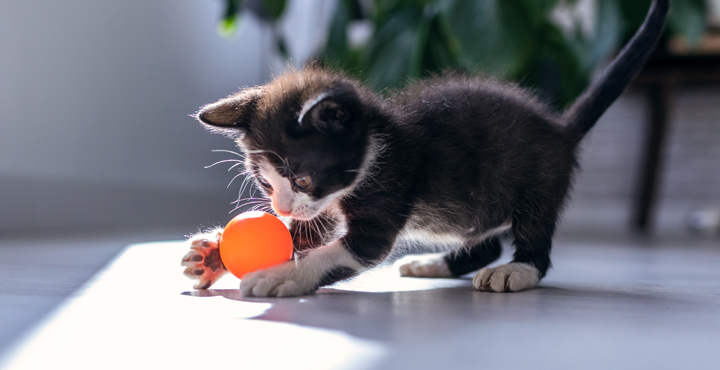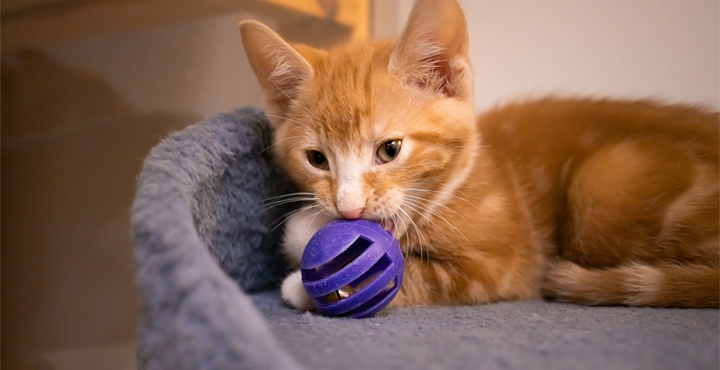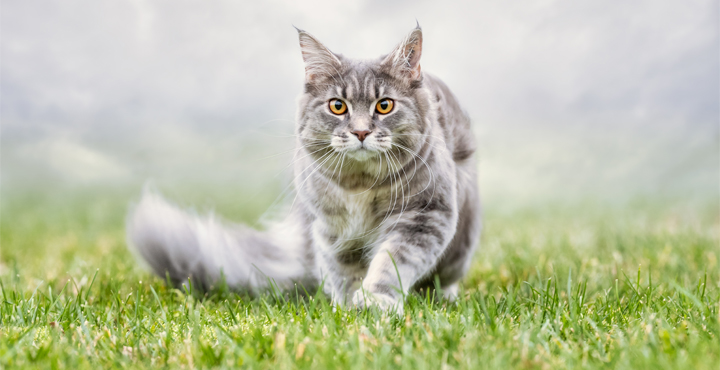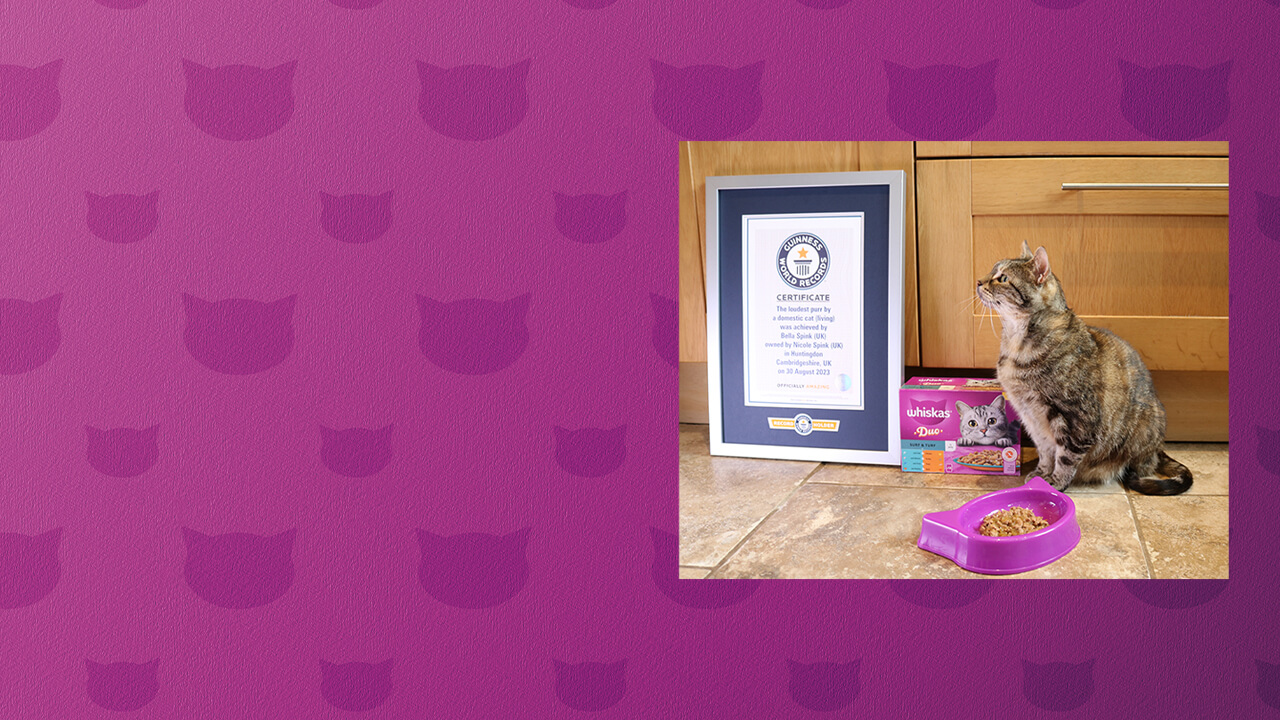
Even cute, adorable kittens can occasionally get stressed. If you notice any signs of stress or unusual behaviour in your kitten, speak to your vet – they’ll give you good advice, and if necessary may refer your pet to an animal behaviourist for treatment.
However, it’s worth remembering that certain behaviours – like scratching and scent-marking – might be perfectly normal from your kitten's point of view … just not so acceptable from yours!
Anxious behaviour
If your kitten crouches low to the ground, with a tense body and dilated pupils, they may be feeling anxious. If so, they may also pant, and lick themselves more than usual.
Aggressive and destructive behaviour
If your usually placid and affectionate kitten starts to bite and scratch, they may be bored. Remember, they're a hunter at heart and if their natural instincts aren't given enough stimulation they'll look for it in places they shouldn't. They might also behave like this if they think their territory’s being threatened.
Indoor territory marking
If there's been a change to your kitten’s normal routine, or if there’s a new cat in the home, you might find they start spraying. Use a dilute disinfectant to remove the odour, and place a food bowl near where they've sprayed. Above all, give your kitten lots of love and reassurance.
Indoor soiling
If your kitten is otherwise healthy, indoor soiling could be a sign of stress. Cover the spot with tin foil or plastic to deter them, provide them with a clean litter tray and make sure they get plenty of love and reassurance.
Nervous grooming
If your kitten is feeling stressed, they might over-groom themselves by continually licking and chewing one particular area of their coat. If they keep doing this, it might lead to an uncomfortable skin condition, so it’s a good idea to speak to your vet for advice.
Chewing wool
Yes, it’s true! Certain breeds of oriental cat – especially Siamese and Burmese – may obsessively chew wool. We don't understand exactly why they do this – they may be reverting to infant behaviour, or may even be a result of stress. If possible, try to discourage your kitten from doing this.













